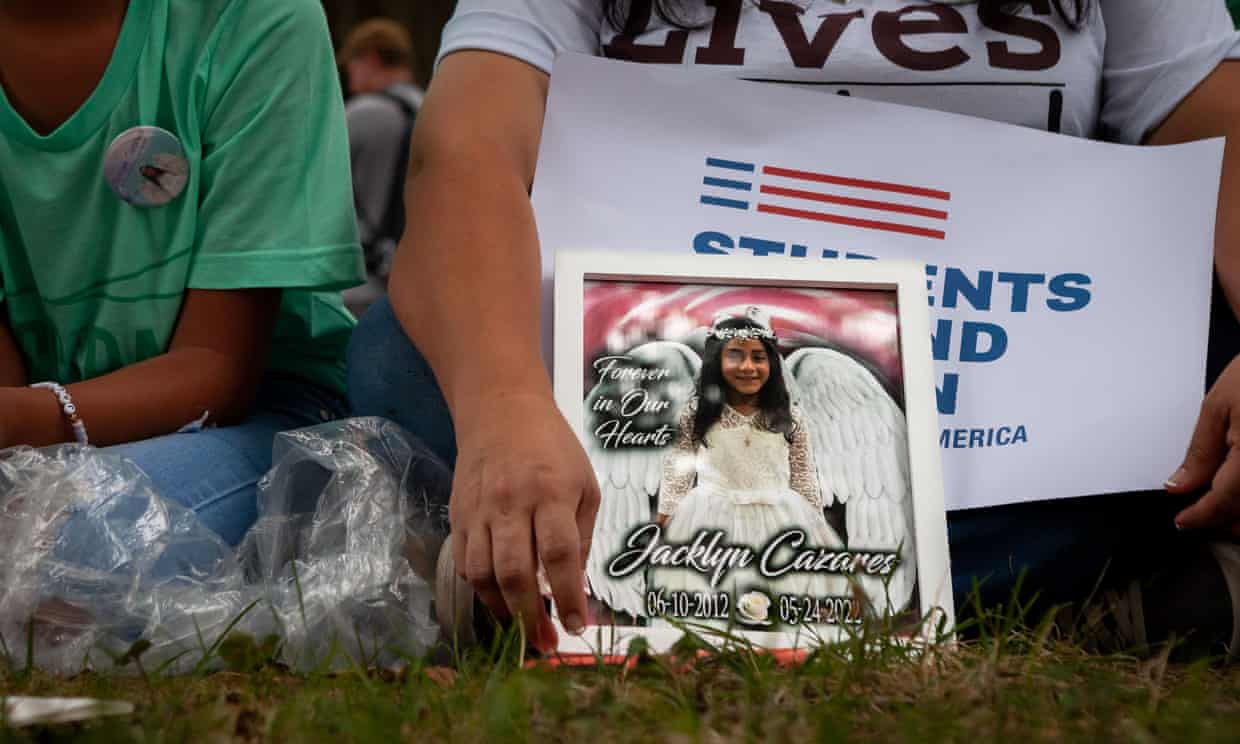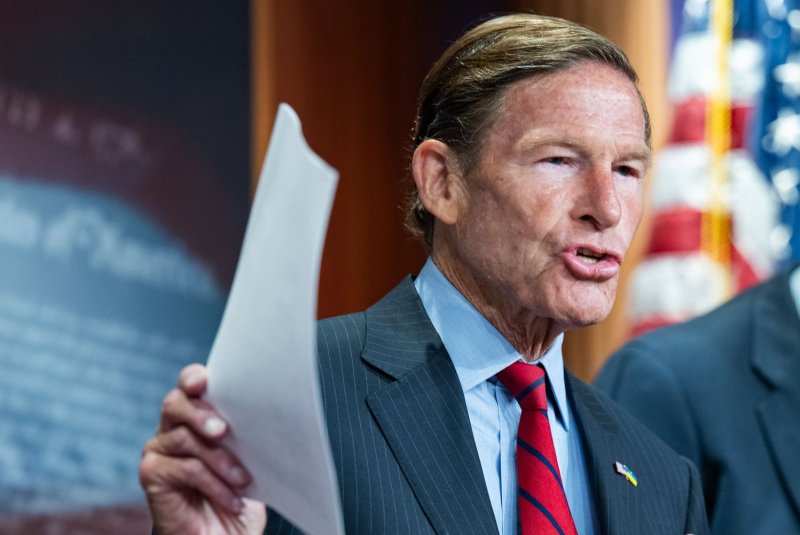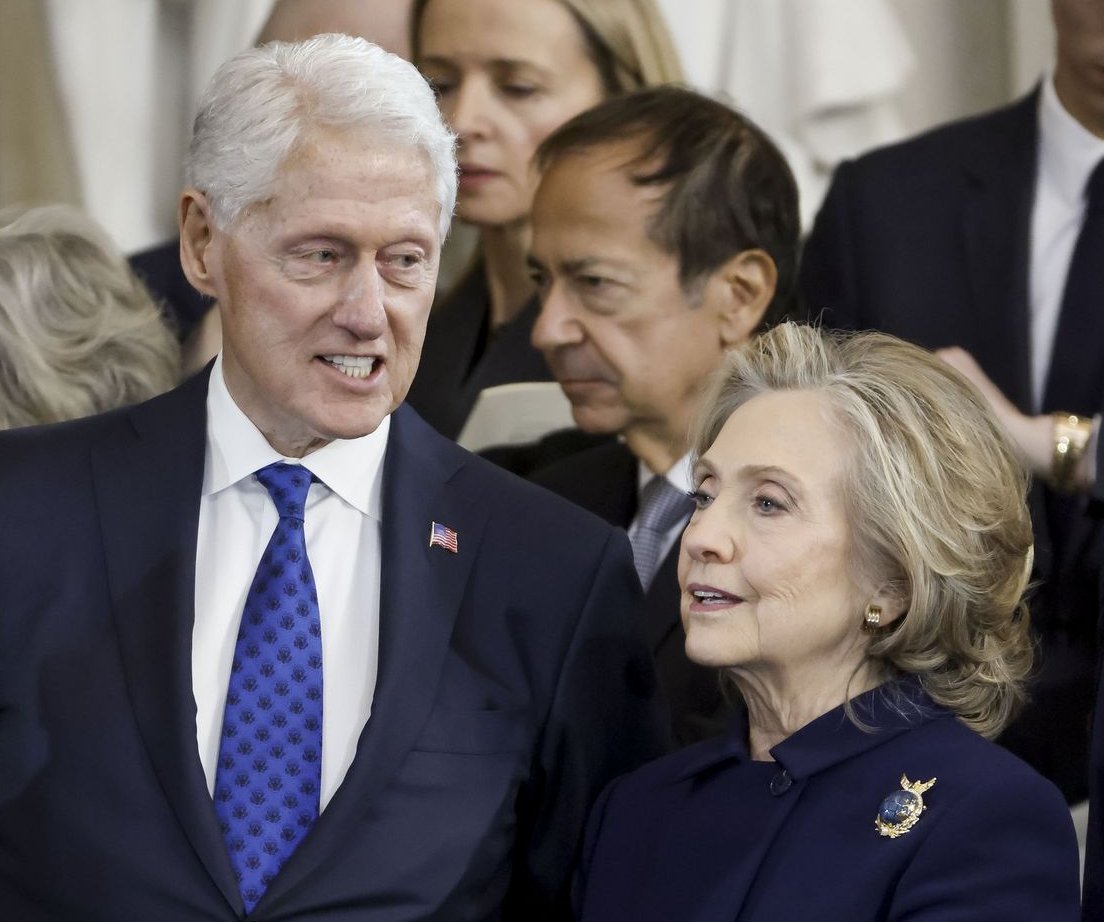The Illinois capitol was a site of celebration on Tuesday, as state legislators passed a ban on military-style firearms. The legislation made Illinois the ninth US state to enact a ban on such weapons, which have been used in many of the country’s most devastating mass shootings.
“Illinois now officially prohibits the sale and distribution of these mass killing machines and rapid-fire devices,” the Democratic governor JB Pritzker said as he signed the bill. He added: “We must keep fighting, voting and protesting to ensure that future generations will only have to read about massacres.”
In recent years, the US has seen a flurry of activity at the state level to combat gun violence, which the American Public Health Associations has classified as an epidemic. According to the Gun Violence Archive, guns claimed the lives of more than 44,000 Americans in 2022, including 24,000 who died by suicide. Gun safety groups say passing new laws like the Illinois assault weapons ban will become even more crucial in the coming months to address this issue: with Republicans now in control of the House of Representatives, the prospects for enacting additional federal gun legislation in the near future appear bleak.
Republicans regained their majority in the House this month on the heels of one of the most successful years for the gun safety movement in decades. Last June, Joe Biden signed the Bipartisan Safer Communities Act, which expanded background checks for the youngest gun buyers and provided funding for mental health and violence intervention programs, among other initiatives. The passage of the BSCA marked the first time in nearly 30 years that the US Congress approved a major gun safety bill.
“That’s just the beginning, and we’re just scratching the surface there,” said Zeenat Yahya, director of policy for the gun safety group March For Our Lives. “That’s not the end all, be all, but it was really exciting to see that progress.”
Despite gun safety advocates’ demands for more action at the federal level, including a nationwide assault weapons ban, such reform will be difficult to achieve. Even if Senate Democrats manage to pass additional gun regulations, the newly elected House speaker, Republican Kevin McCarthy, will be able to block those bills from receiving a vote in the lower chamber.
While acknowledging the challenges posed by a divided Congress, Yahya dismissed suggestions that Republicans’ House majority eliminates the possibility of new federal laws. Biden could still issue executive orders on gun safety, and the passage of the BSCA demonstrated the possibility for bipartisan cooperation on the issue, she argued.
“I do believe that there’s still opportunity regardless of the fact that obviously the House is under Republican control now,” Yahya said. “We want to be able to make sure that gun violence prevention is still at the forefront of a conversation, and we’re playing an active role at the federal level.”
Still, Yahya agreed that reform at the state level has become “even more important with the Republican control of the House”. In the past year, states have already enacted a number of new gun laws championed by groups like March For Our Lives. According to the group Everytown for Gun Safety, at least 51 new laws aimed at reducing gun violence were passed in 2022, while dozens of bills backed by the gun lobby were defeated.
What hopes for gun reform now Republicans have House control?




